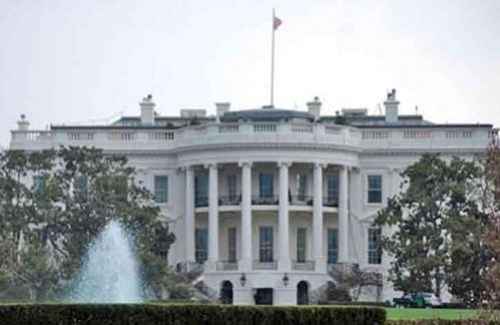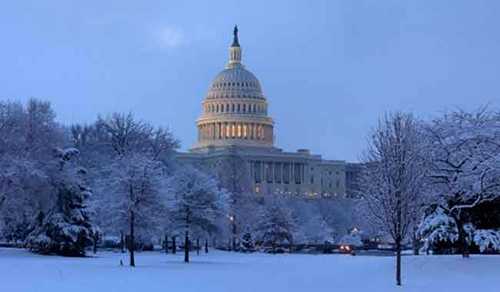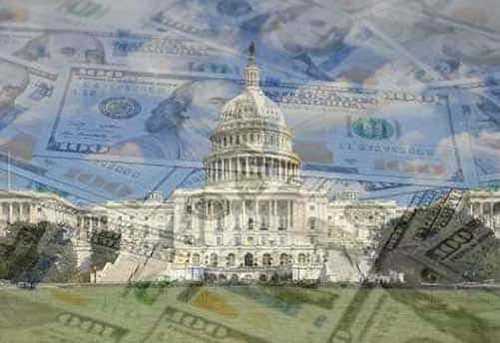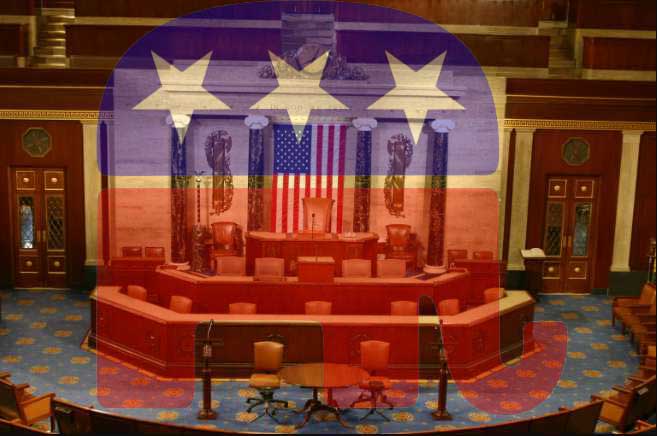
U.S. President Joe Biden, House Speaker Kevin McCarthy and other top congressional leaders appeared no closer Tuesday to a deal aimed at reaching agreement on raising the country’s debt ceiling so the government can borrow more to pay its existing obligations.
The impasse comes amid dire warnings from the U.S. Treasury that a default could cause “worldwide panic” and “catastrophe,” and as Biden prepares to leave Wednesday for a summit in Japan with the world’s top seven economies.
The looming crisis also scotched Biden’s plans to visit Papua New Guinea and Australia after the summit, the White House said in a statement.
“It’s unfortunate we are where we are,” McCarthy said after the hourlong Oval Office meeting ended. “But the good thing about it is Republicans always look to find a solution.”
Senate Majority Leader Charles Schumer, a Democrat, said the group did agree on some key issues.
“We all agreed that the only path forward is to reach a bipartisan agreement anchored in common ground,” he said. “We all agree that default is not an acceptable option and must be avoided.”
And Biden said his staff would continue to work toward a deal in his absence.
“There’s still work to do, but I made it clear to the speaker and others that we’ll speak regularly over the next several days, and the staff’s going to continue meeting daily to make sure we do not default,” he said.
Also Tuesday, Treasury Secretary Janet Yellen warned that “a default would crack open the foundations upon which our financial system is built. And it’s very conceivable that we’d see a number of financial markets break, with worldwide panic triggering margin calls, runs and fire sales.”
Yellen said, “If Congress does not address the debt limit, there are no good options the Treasury or the government can use to save us from catastrophe.”
Biden has insisted that Congress raise the current $31.4 trillion debt ceiling without conditions on future spending. McCarthy and congressional Republicans have called for substantial cuts in future government spending in exchange for raising the debt limit for a year.
That scenario would require a new round of debt ceiling negotiations amid the early phase of the 2024 presidential primary elections.
Although the current debt limit was reached in January, Yellen and U.S. financial officials have taken what they describe as “extraordinary measures” to juggle U.S. spending accounts to keep paying the government’s bills. She said the U.S. could run out of cash to meet all its obligations by June 1 and then could default on some of them.
The United States has never defaulted on its debt. Yellen and other top government officials have warned that doing so would have immediate and widespread consequences inside the U.S., including massive U.S. worker layoffs and delayed payments to U.S. pensioners, government contractors and health care providers treating older Americans.
The U.S. Congress has raised the debt ceiling 78 times under both Democratic and Republican presidents, including three times during the four-year term of former President Donald Trump.
While Biden has said he would not link an increase in the debt ceiling to future government spending cuts, he has said that separately, he is willing to talk about future spending limits to pare the chronic overspending by the government, where annual trillion-dollar deficits have been common for years.
If an agreement is reached in Washington’s politically charged atmosphere, it might be a matter of semantics whether a debt ceiling increase and a tandem cut in future spending are linked. Both Biden and congressional Republicans want to be able to claim victory.
The two sides are debating to what extent the debt ceiling would be raised and for how long, as well as specific spending cuts Republicans in the House of Representatives recently approved in a narrow vote over united Democratic opposition.
The Republicans have called for future spending caps, new work requirements for able-bodied poor people receiving government financial assistance and implementing changes to approve domestic energy projects at a faster pace.
Some information in this story came from The Associated Press. Margaret Besheer contributed to this report.
[content id=”52927″][content id=”79272″]







